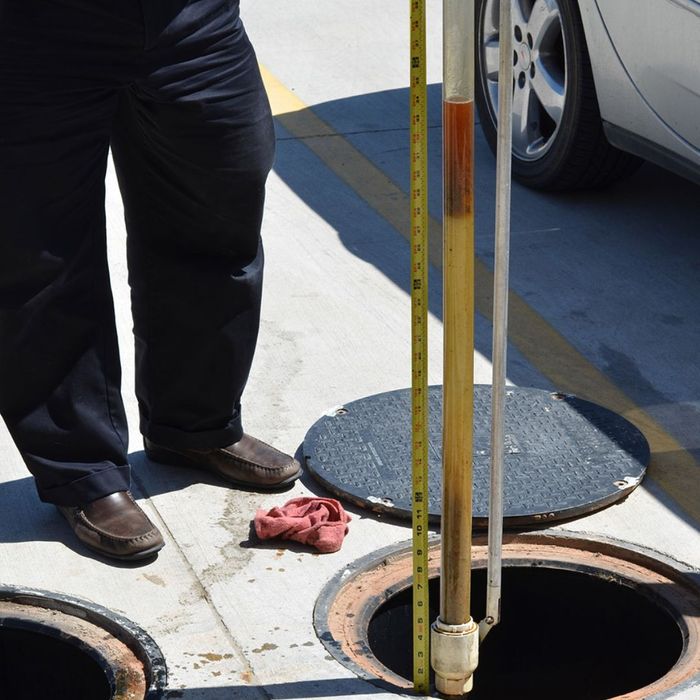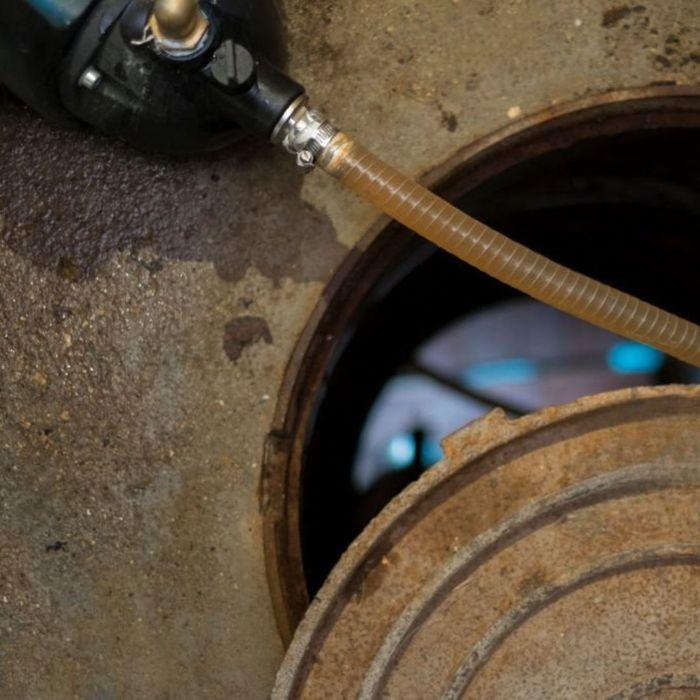Overlooking routine grease trap cleaning and maintenance is an expensive mistake. Beyond the risk of internal blockages and foul odors, a poorly maintained grease interceptor can lead to non-compliance fines from your local regulator. At Ameri-Clean Environmental Services, we understand that meeting the Fats, Oils, and Grease (FOG) ordinance is critical. We want to empower our clients with the knowledge to maintain smooth operations and successfully pass every inspection. Knowing what inspectors look for is the first step in protecting your business.
Is Your Grease Interceptor Compliant? What Health Inspectors Look For
Is Your Grease Interceptor Compliant? What Health Inspectors Look For

The Critical 25% Rule: Volume of Solids and FOG
The most fundamental requirement health inspectors check is the 25% Rule. We know that when the combined volume of solids and floating FOG (Fats, Oils, and Grease) within your trap exceeds 25% of the total capacity, the interceptor is no longer functioning effectively. This failure means FOG is likely escaping into the municipal sewer lines, violating environmental regulations. Our professional grease trap services in Cleveland, Ohio ensure you'll pass this FOG rule.

Maintaining Easy Access and System Integrity
Inspectors must be able to readily access your grease interceptor for a quick and accurate assessment. We often see issues where traps are buried, obscured, or have damaged components. This includes checking for tight-fitting lids and intact internal baffles, which are essential for properly slowing down wastewater and separating the FOG. If an interceptor has structural damage or is difficult to access, we work with you to find a solution that keeps you fully compliant.

Required Documentation and Maintenance Records
Compliance isn't just about the physical condition of the unit; it is also about the paperwork. Health inspectors require clear, documented evidence of regular service from reputable grease trap companies. We always provide detailed manifests showing the date of service, the amount of waste removed, and the final disposal location. Maintaining a thorough log of your cleaning schedule is your proof of due diligence and is a non-negotiable step to avoid penalties.

Best Management Practices (BMPs) in the Kitchen
A clean interceptor starts with disciplined kitchen practices. Inspectors confirm that your staff are actively implementing Best Management Practices (BMPs) to minimize FOG. They check to ensure no food scraps or solids are entering the system, often by checking if sinks have adequate drain screens and that staff are dry-scraping plates before washing. By preventing solids from entering the trap, we are collectively helping to extend the time between necessary professional grease trap services.
Passing a health and environmental inspection requires a proactive approach that blends professional grease trap cleaning with diligent internal procedures. We at Ameri-Clean Environmental Services offer tailored, reliable service to ensure your commercial kitchen in Cleveland, Ohio, always meets—and exceeds—local FOG regulations. Contact us today to schedule your next service or discuss a comprehensive preventative maintenance plan.
